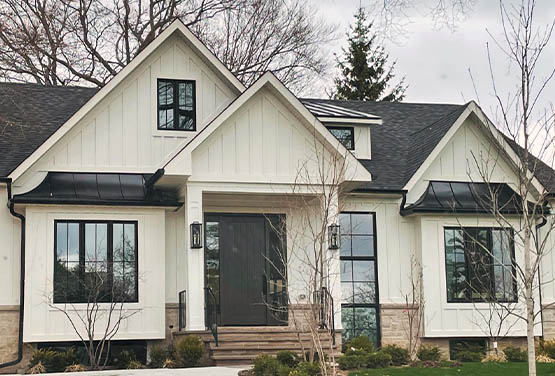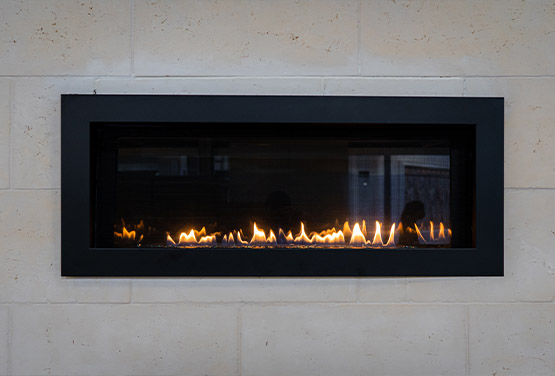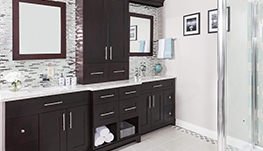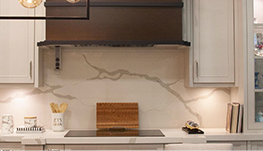We have over 350 designers & home improvement showrooms under one roof, Kitchens, Baths, Flooring, Lighting, Designers, Contractors & more! Check out our map
CATEGORIES
Latest news / blogs
March 23 2023
The Best Faucet Brands of 2023

Renovating your bathroom and don't know where to start?? Your bathroom reno journey wouldn't be complete without star-quality products - all provided to you by our expert vendors ...
Read more
November 20 2022
How To Pick The Right Windows & Doors For ...
The windows and doors of your home are essential to keeping the inside of your ... Read more
October 20 2022
How To Hire The Right Team For Your Home ...
When looking to hire contractors or tradespeople it's important to do your ... Read more
October 07 2022








